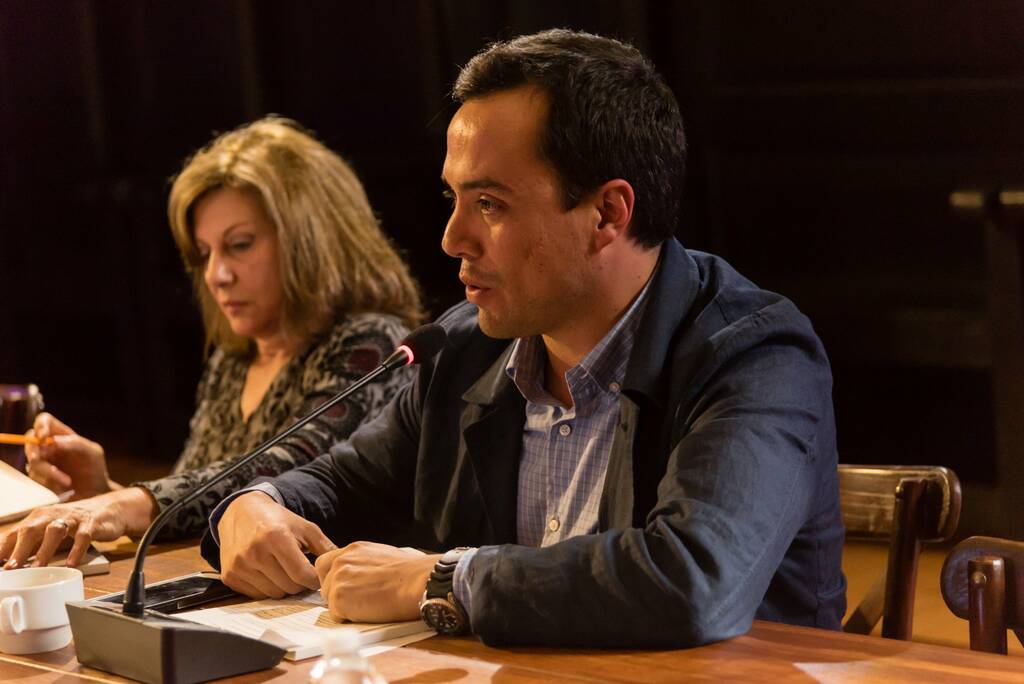The Ministry of Economy appointed this Friday Alejandro Encinas Nájera as the new Undersecretary of Foreign Trade, replacing Luz María de la Mora.
Alejandro Encinas Nájera studied Political Science and Public Administration at UNAM.
He later earned a Master’s degree in Political Science from the Autonomous University of Barcelona.
He also holds a PhD in Social Sciences and Humanities from the Autonomous Metropolitan University.
From 2014 to 2018, he was General Director of Strategic Research at the Belisario Domínguez Institute of the Senate of the Republic.
Since the start of the current administration, he has headed the Labor Policy and Institutional Relations Unit at the Ministry of Labor.
In that position, he assumed the role of point of contact for the implementation of labor chapters in trade agreements.
He also coordinated relations with other agencies and international partners on labor issues.
He was in charge of negotiating disputes under the USMCA‘s Rapid Response Labor Mechanism, all of which were resolved through negotiation and agreement, without the need for arbitration panels or trade sanctions.
His most recent publications include «USMCA and its Rapid Response Labor Mechanism: An Action Guide for Mexico» and «Mexico: The Transition to Labor Democracy».
Alejandro Encinas Nájera
The formulation and implementation of trade policy remains the responsibility of the Ministry of Economy.
It collaborates with other Ministries to develop a comprehensive policy for trade openness, trade promotion and attracting foreign investment. It collaborates mainly with the Ministries of Foreign Affairs (SRE), Finance and Public Credit (SHCP) and Agriculture and Rural Development (SADER), as well as with the Ministries of Environment and Natural Resources (SEMARNAT), Energy (SENER), Tourism, Health (SSA) and Defense (SEDENA).
Local governments and stakeholders are also consulted in the formulation of trade policy.
All measures related to foreign trade, such as the establishment, increase, decrease or elimination of tariffs or tariff preferences, including those decreed by the Executive Branch, must be evaluated and approved by the Foreign Trade Commission (COCEX) prior to their implementation.
If the COCEX does not approve the measure, the relevant institutions may review and resubmit it.

